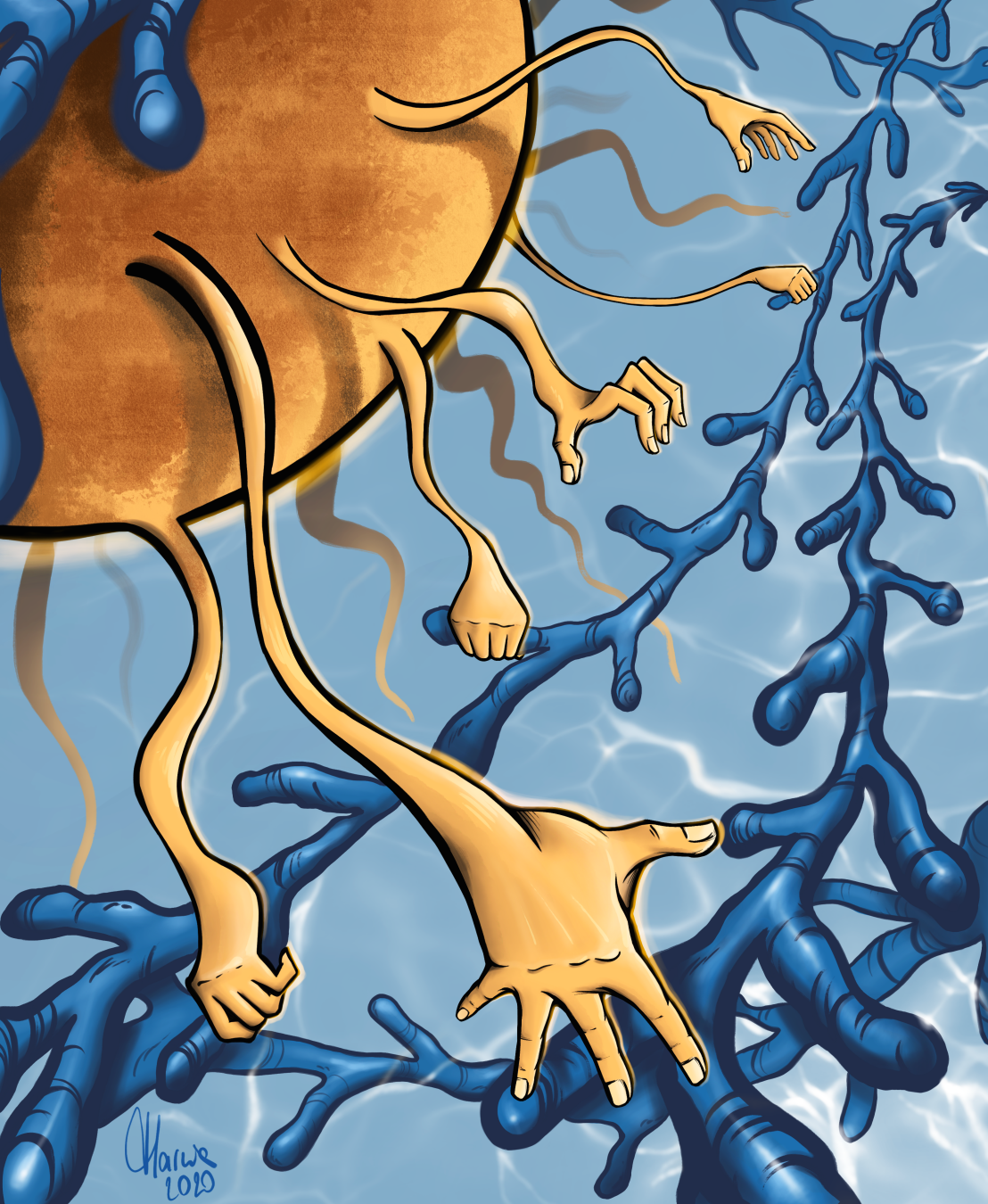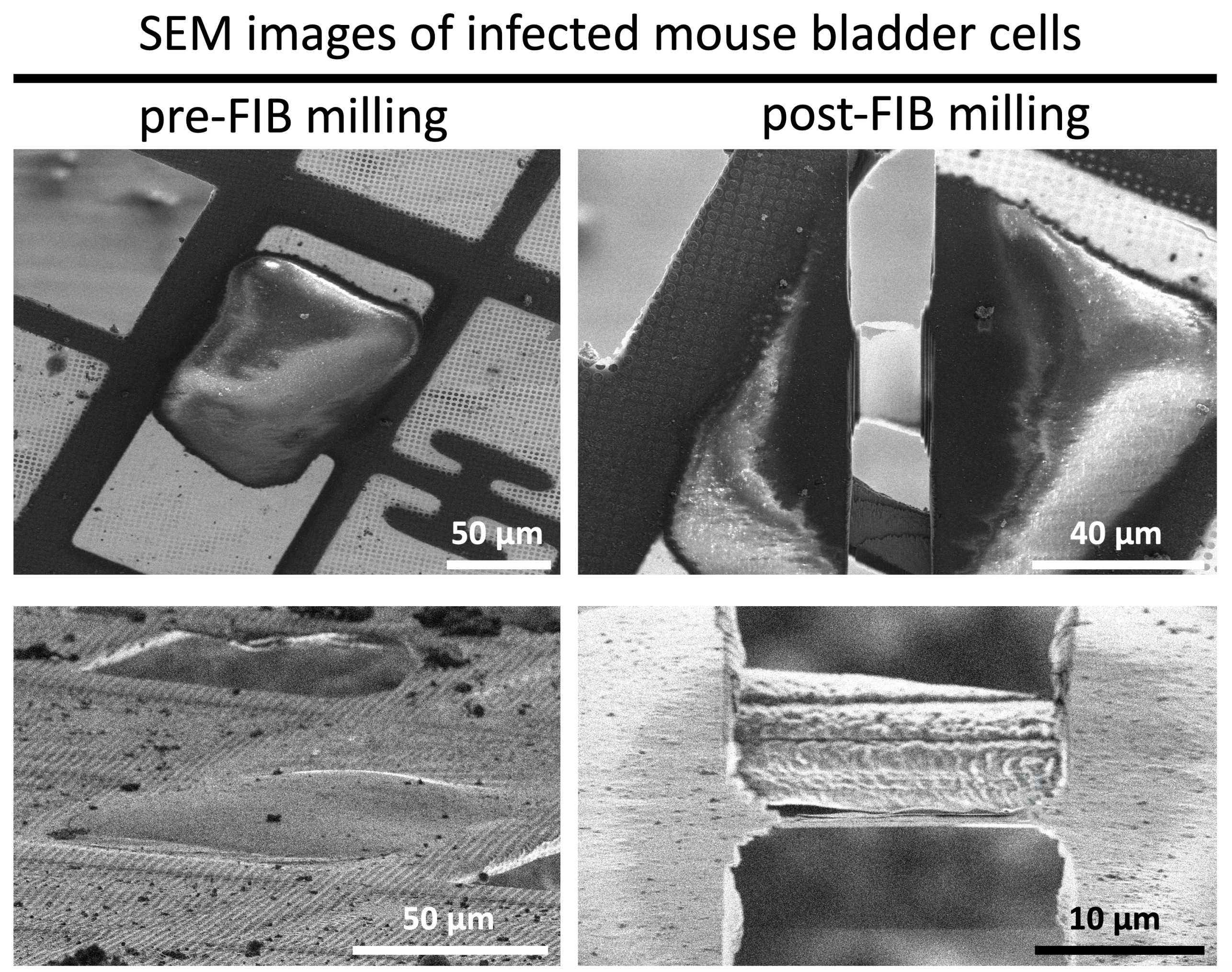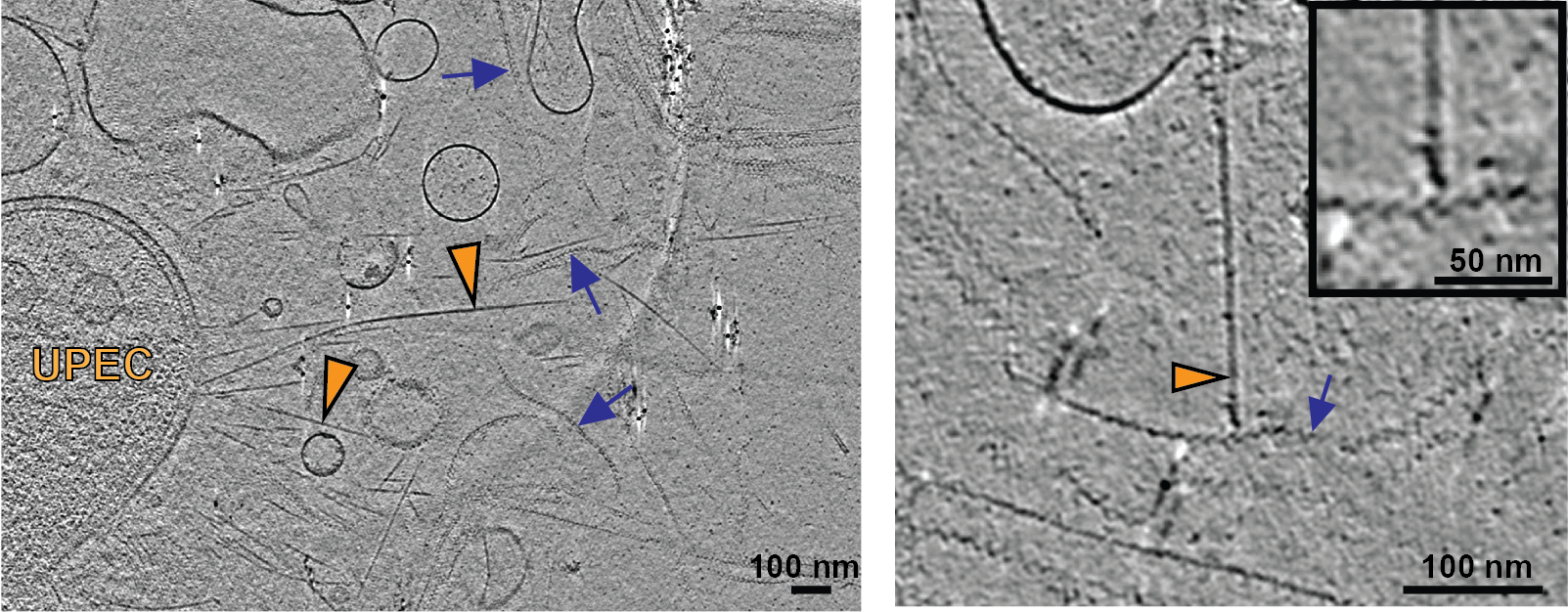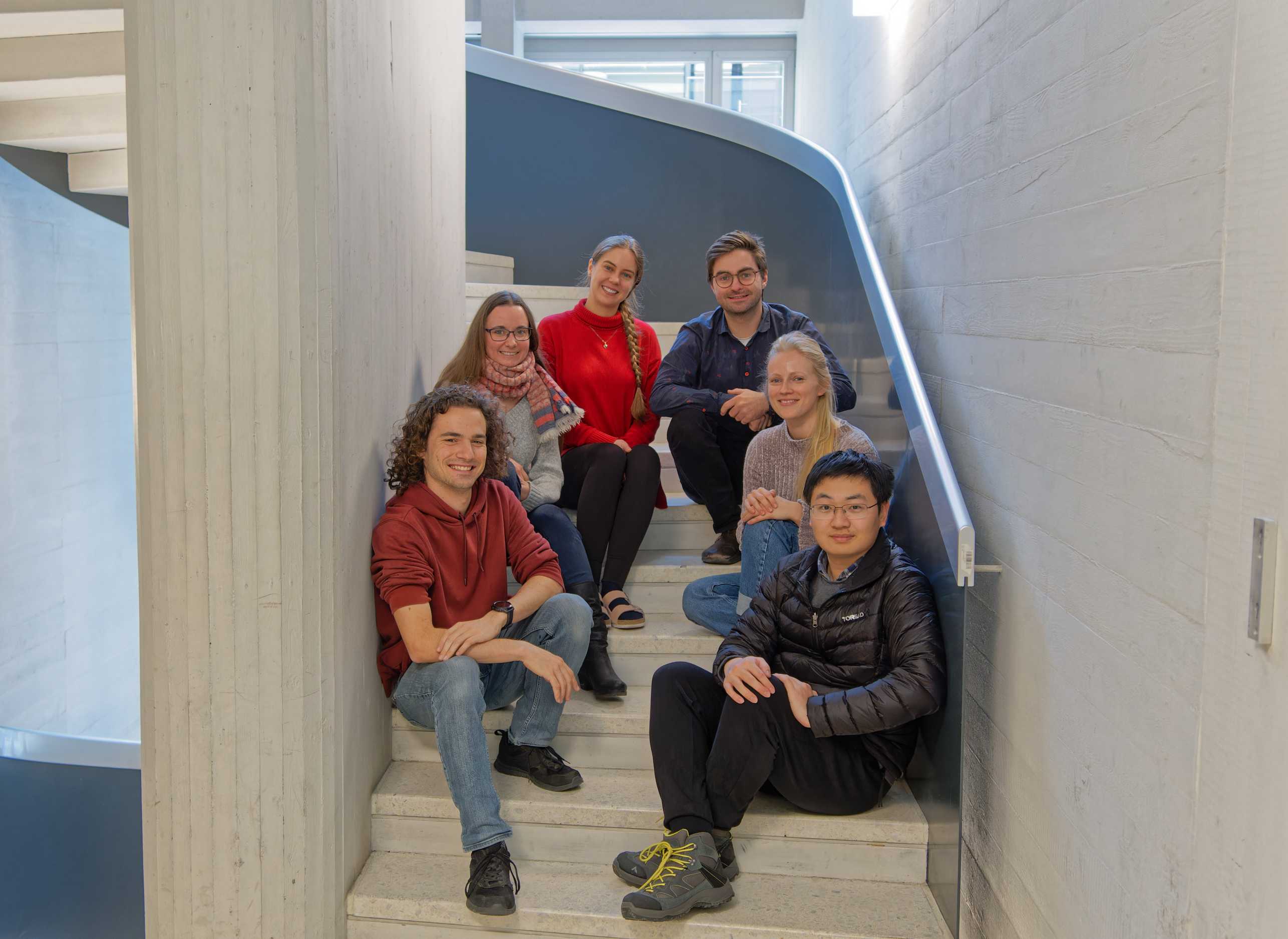Weiss sub-group: urinary tract infections

Urinary tract infections (UTIs) are one of the most common bacterial infections. Though generally considered to be easily treated with antibiotics, UTIs are often incompletely resolved. Our aim is to understand the underlying molecular and cellular processes causing recurrent infections in the urinary tract.
Intracellular lifecycle of uropathogens
The vast majority of UTIs are caused by uropathogenic E. coli (UPEC). Besides being found in patient urine, UPEC were also observed in the cytoplasm of uroepithelial cells. Within this intracellular niche, UPEC are well protected against antibiotics or host defenses, which can lead to recurrent and persistent infections.
Our main goal is to understand the intracellular lifecycle of uropathogens by using an integrative approach where we combine infection biology with structural biology techniques. A combination of light microscopy and cryo-electron tomography (cryoET) allows us to analyze the infection cycle on several scales.

CryoET of patient samples
We work together with clinical partners to systematically establish cryoET workflows for biomedical imaging. This allows us to dissect the molecular basis of a disease directly in patient samples.
Read our Publications for more details.

The group

Group members
Gregor Weiss - Group leader
Miriam Weber - PostDoc
Karolina Roganowicz - PhD student
Marlen Petersen - PhD student
Till Epprecht - Master student
Yanxun Li - Master student
Linus Marx - MD PhD intern



